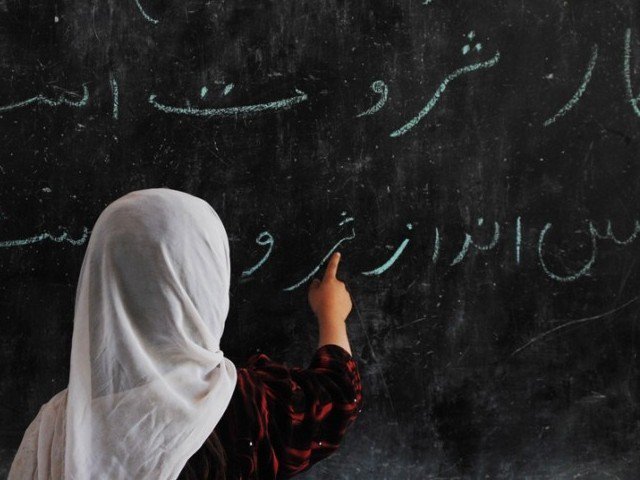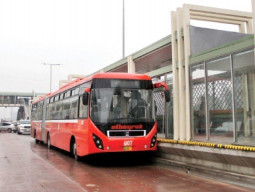
The closure of educational institutions due to the novel coronavirus (Covid-19) pandemic has forced the education sector of the country to aggressively adopt information technology, said Minister for Federal Education and Professional Training Shafqat Mahmood on Tuesday.
Online teaching has become a necessity, compelling both teachers and students to adopt digital technologies, he said at the launch of Global Education Monitoring (GEM) Report 2020 on inclusion and education for children irrespective of financial status, gender, or disability.
“The government is making conscious efforts to reduce educational gaps and promote inclusion,” he said.
Idara-e-Taleem-o-Aagahi (ITA) organised and co-hosted the virtual launch of the report along with the federal education ministry, UNESCO Pakistan and the UK Department for International Development (DFID). The event called on all stakeholders to concentrate on those being left behind and move towards inclusion in education, particularly after Covid-19.
Mahmood said that findings from the report will help the government formulate education policy.
GEM Report Senior Analyst Anna Cristina D’Addio shared the key findings from the report.
“The GEM Report reminds us of the continued disparities in education, particularly in ensuring access of quality education to all, which is the foundation of inclusion,” UNESCO Pakistan Country Representative Patricia McPhillips said in her opening remarks.
Transgender Persons (Protection of Rights) Act 2018, and introduction of admission quotas to Disability Act 2014, are important milestones for ensuring inclusive education, she said.
“This report comes at a critical moment, where the coronavirus pandemic has added to the hidden emergency of exclusion from education,” said DFID Pakistan Country Director Annabel Gerry.
Since 2011, over 10 million children in primary school have benefited from UK’s support to Pakistan for education reforms, of which 4.7 million are girls. But significant inequalities remain by region, socioeconomic status, disability, religion and gender.
Plea against online education dismissed
“I hope this report will catalyse the will and resources to realise inclusive and equitable quality education in Pakistan,” she added.
Other panellists included Planning Commission Member Dr Shabnum Sarfraz, IDEAS Director and LUMS Dr Faisal Bari and STEP Executive Director Atif Sheikh.
ITA CEO Baela Raza Jamil called upon all the stakeholders to commit to the rights of all children regardless of their background, gender or ability.
The report provides an in-depth analysis of key factors for the exclusion of learners in education systems worldwide including background, identity and ability and urges the countries to focus on those left behind as schools reopen to foster more resilient and equal societies.
Published in The Express Tribune, July 29th, 2020.

1732569774-0/Baymax-(2)1732569774-0-165x106.webp)















COMMENTS
Comments are moderated and generally will be posted if they are on-topic and not abusive.
For more information, please see our Comments FAQ